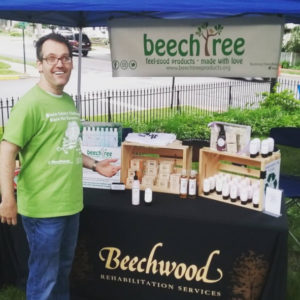The Legacy Foundation will honor the Miller Family of Miller Transportation Group at its annual Monte Carlo Night on March 18, 2023 at The Merion in Cinnaminson.
The fundraiser will support Legacy Treatment Services and the vulnerable members of the New Jersey community. Monte Carlo Night provides a wonderful networking experience filled with charitable gaming, delicious food and drink, and live music (featuring pop favorites and jazz classics), along with special entertainment such as a roaming magician. Guests will have opportunities to bid on hotel packages, experiences, tickets to attractions, elaborate gift baskets and much more during the silent auction. In addition, there will be chances to bid on exciting items such as concert tickets, exclusive dinner packages and more during the live auction, head by Legacy CEO Roy Leitstein. At the end of the night, guests will be able to convert chips into tickets for an opportunity to win terrific prizes, all while supporting a great cause.
Charles, Melissa and Mark Miller are being honored for their continued generosity and efforts to provide for the community. The Miller Transportation Group began in 1912 as a small Ford dealership in Mount Holly as the Mount Holly Garage, which was founded by William A. Jones. Today, the company has grown to include Miller Ford Lincoln, Miller Subaru, Miller Auto Leasing, Miller Truck Leasing and many subsidiaries in the trucking business. From supporting local youth teams, participating on local school boards, to fostering animals at the dealership, and supporting Legacy Treatment Services, helping the community is a bright spot for the Miller family and their employees.
With more than 70 programs throughout New Jersey, Legacy serves over 20,000 individuals a year. Legacy offers a full continuum of services including prevention programs, crisis intervention, outpatient therapy and psychiatric services, substance abuse services, therapeutic foster care, residential programs, juvenile detention alternatives, case management, developmental disability services, and a special education school. All of Legacy Treatment Services’ programming aims to change the behavioral health and social service outcomes for people of all ages from surviving to thriving.
For information on Legacy Monte Carlo Night, sponsorships, tickets, and more – visit www.legacymontecarlonight.com, and follow Legacy Treatment Services on social media!







